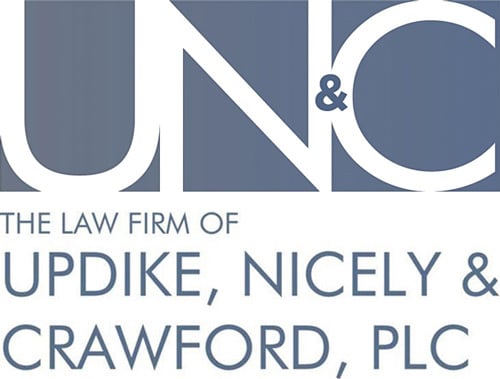As an injured party in an alcohol-related accident, you have a right to seek compensation for the damages incurred. While the at-fault driver’s insurance company will likely try to get you to accept a settlement, that amount may not be enough to cover your losses. Not only that but the drunk driver may not truly have to deal with the consequences of his or her action.
According to the Code of Virginia, Title 8.01, a jury may award punitive damages if a defendant’s behavior was willful or showed a wanton disregard for your rights.
How does Virginia define wanton or willful conduct?
Virginia motorists must submit to a breath or blood test when a law enforcement official reasonably suspects impairment caused an accident. If test results show a blood alcohol concentration level of at least 0.15% and the defendant knew — or should have known — that alcohol causes a driving impairment, the court may consider the individual acting consciously with disregard for others.
When you prove that an accident may not have occurred but for the defendant’s intoxication, the court may award punitive damages. The amount of compensation may depend on how much the injury caused permanent and lifelong consequences.
What other evidence may support wanton or willful conduct?
Other evidence that may help prove a motorist’s actions were wanton or willful includes video footage from street cameras showing speeding, swerving or running a red light. Mobile phone records may reveal whether a motorist was on a call when the accident occurred.
If you have been injured by an intoxicated driver, you should talk to an attorney right away.


